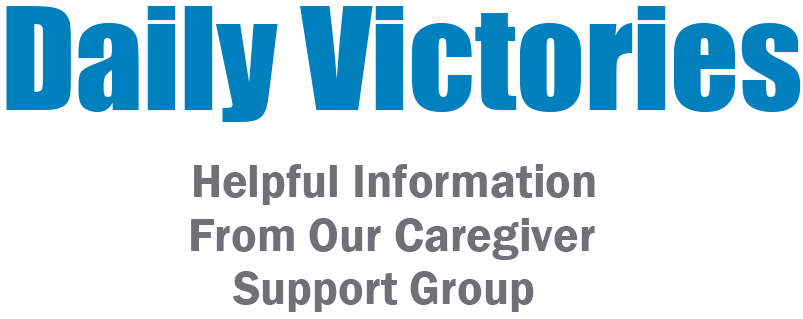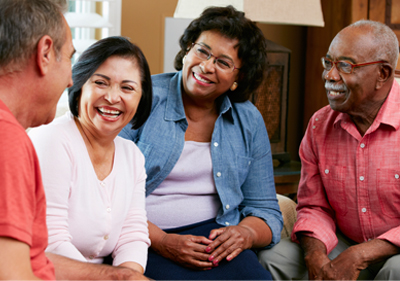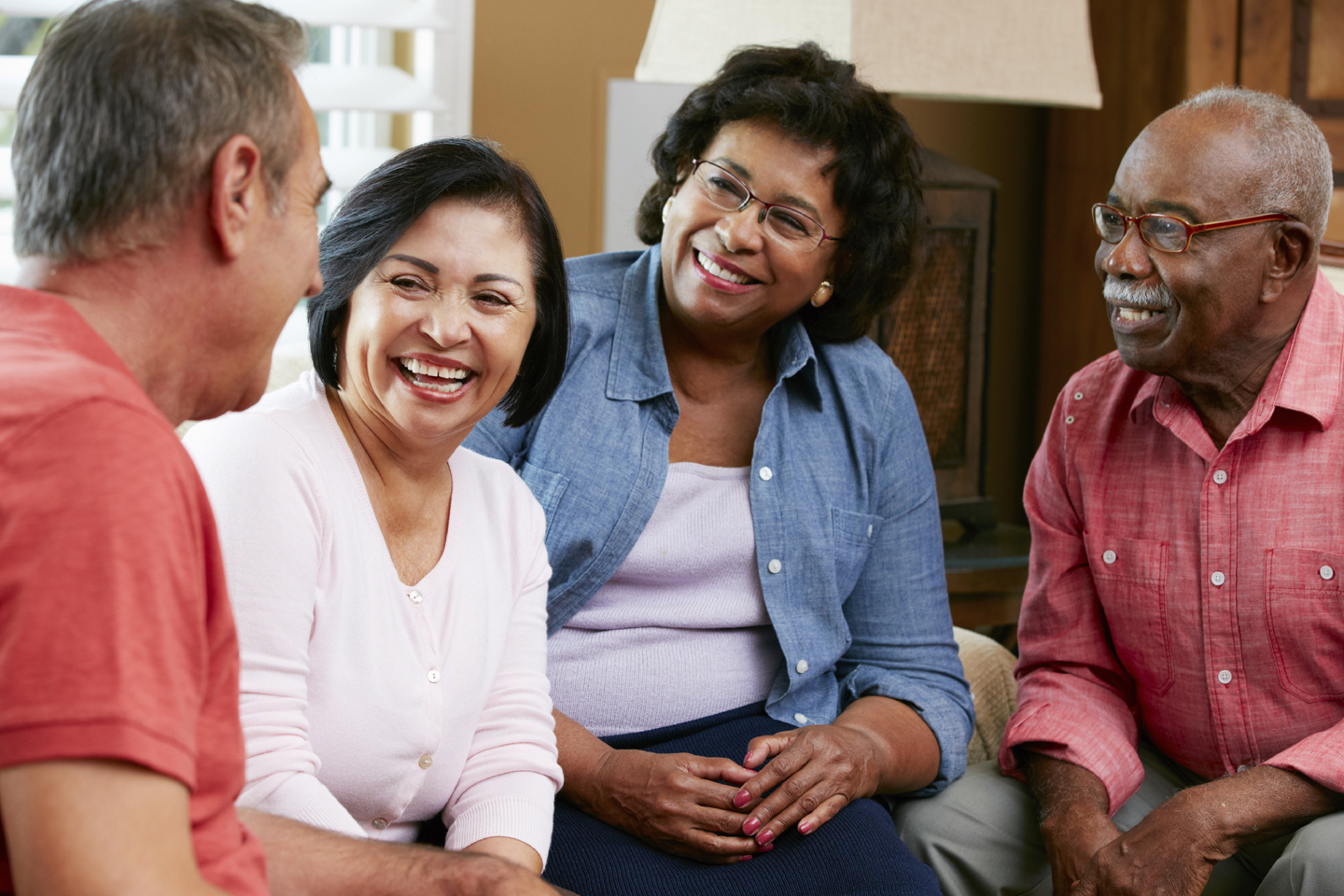Caregivers are presented with many challenges on a daily basis. They are often overwhelmed by working and also caring for a loved one. Most are worried about their loved one’s safety in the home and managing their medical and financial needs. They are inundated with decisions to make such as obtaining community services and support as well as choosing long-term care options and health care providers.
Welcome to the Daily Victories Blog
This blog will focus on sharing content and ideas for those at home recovering from an acquired communication disorder. Our caregiver support group members will post content and ideas to achieve victories each and every day. We hope that you find these posts valuable. We'd love to hear from you. Please email tbiller@chsc.org with any comments or suggestions that you may have.
Caregivers Find Help and Resources with the CHSC Support Group
Tags: Support, Stroke, Caregiving, Brain Injury
Stress-Reducing Methods for Caregivers
Due to the needs of the spouse, child or friend they are caring for, caregivers often have little to no time to take care of their own mental health needs. In a recent CHSC Caregiver Group meeting, the discussion focused on the topic of what some of our caregivers have tried - and enjoyed - to reduce their stress levels.
Tags: Support, Caregiving
5 Self-Care Tips for Caregivers
As a caregiver, it is easy for us to overlook our own physical, mental and emotional needs as we care for others. This can quickly lead to feeling burned out, which would not be beneficial for us or our loved ones.
Tags: Communication, Support, Caregiving
Morning Communication Activities at Home
You may find it challenging to access beneficial resources that allow you to properly care for your loved one. We have researched some at-home activities that encourage communication for adults who are recovering from a stroke or maintaining skills after a neurodegenerative diagnosis. These morning activities consist of routines that get you both up and moving and allow for independent participation.
Tags: Speech, Language, Communication, Support, Stroke, Caregiving, Brain Injury














